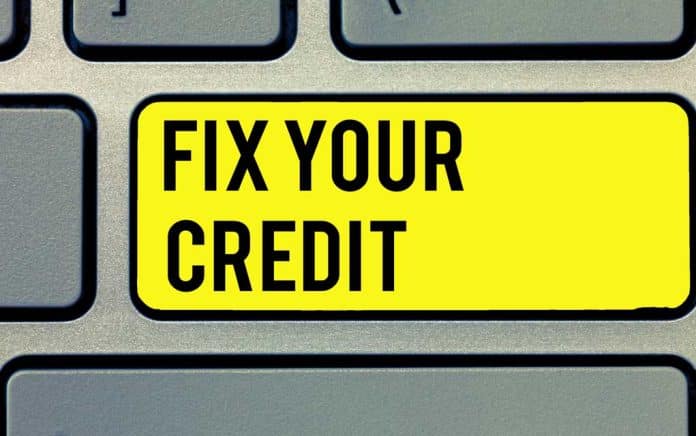
(FinancialHealth.net) – Most people think that filing a dispute is the best way to remove negative information from your credit report, but that’s not as reliable as negotiating terms. Banks quickly deny disputes, but they are happy to negotiate terms to get your account back in good standing.
Read on for examples of some common negotiations.
Negotiating Debt Repayment
Start by calling any creditors to confirm what is owed. From there you have two main options – making a payment arrangement or settling the debt. Is the account with a collection agency? Contact them instead, as they’re either negotiating on behalf of your original creditor or have purchased your debt.
Payment plans are a great option if you don’t have the cash to settle all of your debt. Most creditors are happy to set up repayment terms, though they are likely to require you to set up payments directly from your checking account to ensure they get a timely payment each month. Make sure your account will be reported to the credit bureaus as “paid as agreed.”
Your other option is to ask for a settlement amount. Many creditors and collection agencies allow you to make a flat payment at 20-30 cents on the dollar. In order for the offer to remain valid, most will want payment right away, or within a very short period of time. Make sure your account will be listed as “paid” rather than as a “charge off.”
Get any of these terms in writing through mail or email whenever possible.
Always get everything in writing, and keep records of your payments handy just in case there is any sort of dispute over your payments. You might also need these in the future, especially if you’re applying for a new loan or mortgage. Underwriting may request proof of payment, even if it’s still showing as an open account or collection on your credit report.
Paying off old debts and high interest credit cards will benefit you no matter what. Not only will your credit score stop going down because of old debts, but you’ll eventually be offered credit at better rates.
~Here’s To Your Financial Health!
Copyright 2020, FinancialHealth.net


















